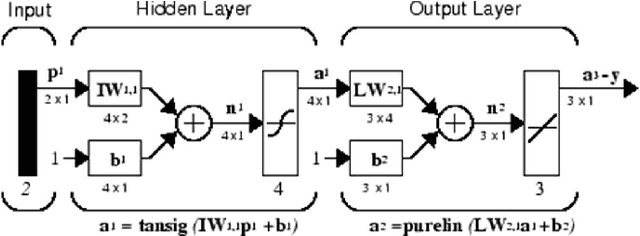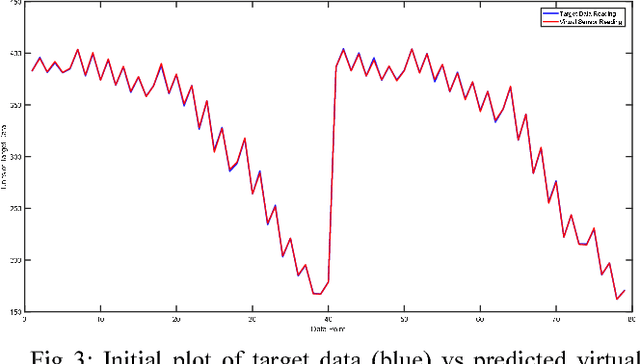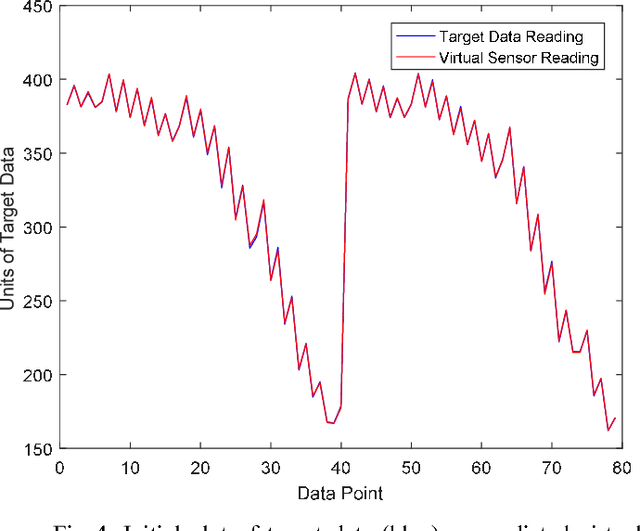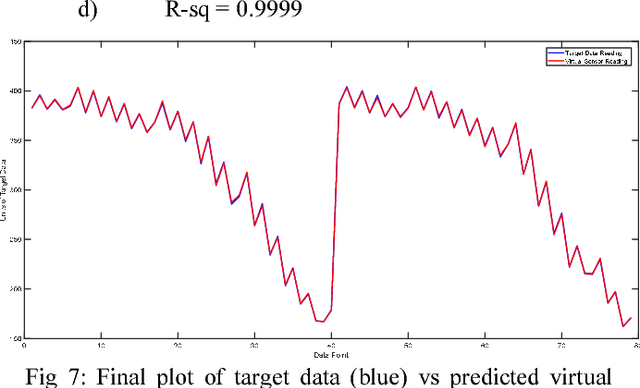Kushagra Rastogi
Is Q-Learning Provably Efficient? An Extended Analysis
Sep 22, 2020


Abstract:This work extends the analysis of the theoretical results presented within the paper Is Q-Learning Provably Efficient? by Jin et al. We include a survey of related research to contextualize the need for strengthening the theoretical guarantees related to perhaps the most important threads of model-free reinforcement learning. We also expound upon the reasoning used in the proofs to highlight the critical steps leading to the main result showing that Q-learning with UCB exploration achieves a sample efficiency that matches the optimal regret that can be achieved by any model-based approach.
Virtual Sensor Modelling using Neural Networks with Coefficient-based Adaptive Weights and Biases Search Algorithm for Diesel Engines
Dec 22, 2017



Abstract:With the explosion in the field of Big Data and introduction of more stringent emission norms every three to five years, automotive companies must not only continue to enhance the fuel economy ratings of their products, but also provide valued services to their customers such as delivering engine performance and health reports at regular intervals. A reasonable solution to both issues is installing a variety of sensors on the engine. Sensor data can be used to develop fuel economy features and will directly indicate engine performance. However, mounting a plethora of sensors is impractical in a very cost-sensitive industry. Thus, virtual sensors can replace physical sensors by reducing cost while capturing essential engine data.
 Add to Chrome
Add to Chrome Add to Firefox
Add to Firefox Add to Edge
Add to Edge